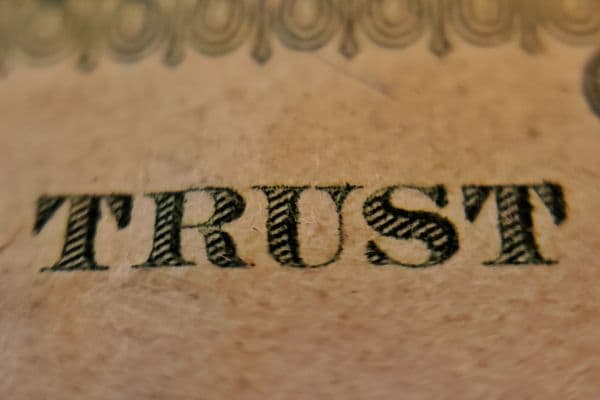
Building Rapport by Listening and Asking Questions From The Wolf of Wall Street
Jordan Belfort
CEO

- duration
- 8 min
- Average Score
- 85%
- Stars
- 5
Building rapport is the cornerstone of establishing trust with a prospect in the world of sales. Rapport is not just a nicety; it forms the foundation upon which meaningful and lasting connections are built. When a sales representative takes the time to ask insightful questions and actively listens to a prospect's responses, it goes beyond a transactional exchange. It creates a sense of understanding, empathy, and genuine interest.
In essence, rapport-building demonstrates to the prospect that they are not merely a sales target but an individual with unique needs and concerns. This connection fosters trust, making the prospect more comfortable and confident in the sales process. Trust is the currency of successful sales, and it is through the art of building rapport that this currency is earned and solidified.
The Straight Line Technique
The Straight Line Technique, a method popularized by Jordan, emphasizes the importance of taking immediate control of the sales process. This involves positioning oneself as an expert in the prospect's mind, gaining their trust, and steering the conversation in the right direction.
The Mistake Sales Reps Make
Jordan identifies a common mistake made by salespeople: neglecting the vital role of asking questions. While many are proficient in the technical aspects of the Straight Line Technique, they often fail to build rapport through active listening and thoughtful questioning.
Building Rapport through Questions
Building rapport is not a one-time activity; it's an ongoing process. The second and third steps of the Straight Line involve asking smart questions and actively listening to the prospect's responses. This not only gathers essential information but also establishes a connection and makes the prospect feel valued.
The Two-Call System
Jordan introduces the concept of the Two-Call System, emphasizing the need to revisit previous conversations even if the salesperson has all the required information. This step ensures that the prospect feels heard, valued, and is reconnected with the prior interaction.
Leveraging Credibility
Sales reps must leverage the credibility built in previous interactions to increase the likelihood of closing deals. The prospect enters the current call with a higher level of certainty, having already engaged with the company. However, this advantage is often overlooked in the rush to present solutions.
The Importance of Confirming Information
Taking a minute to confirm essential details from previous conversations is not a waste of time; it's an investment in trust. Salespeople should actively engage with the prospect's history, confirming facts, and even revisiting stories shared in earlier conversations.
Avoiding the Pushy Sales Perception
Skipping the step of asking questions and diving straight into the pitch risks being perceived as a pushy salesperson. Jordan emphasizes the importance of taking the time to reconnect with the prospect's journey, demonstrating care, and reinforcing trust.
In conclusion, mastering the art of sales goes beyond technical proficiency. Building trust through active listening and thoughtful questioning is a crucial step in the sales process. Sales reps, even armed with all the necessary information, should take the time to reconnect with the prospect's history, ensuring a smoother and more effective sales
How Triple Session works
Training, Testing, & Feedback
Triple Session's proven formula accelerates your sales performance through consistent, organized practice, backed by measurable results.

Bite-Sized Knowledge
Our expert-led video sessions simplify complex sales concepts into easy-to-digest 5-15 minute videos for better retention.

Test Your Understanding
After each session, there will be a quiz to test your understanding and help you improve on any areas that need more attention.

Evaluate and Grow
Get progress snapshots after each quiz to track your improvements and achieve your sales mastery goals.